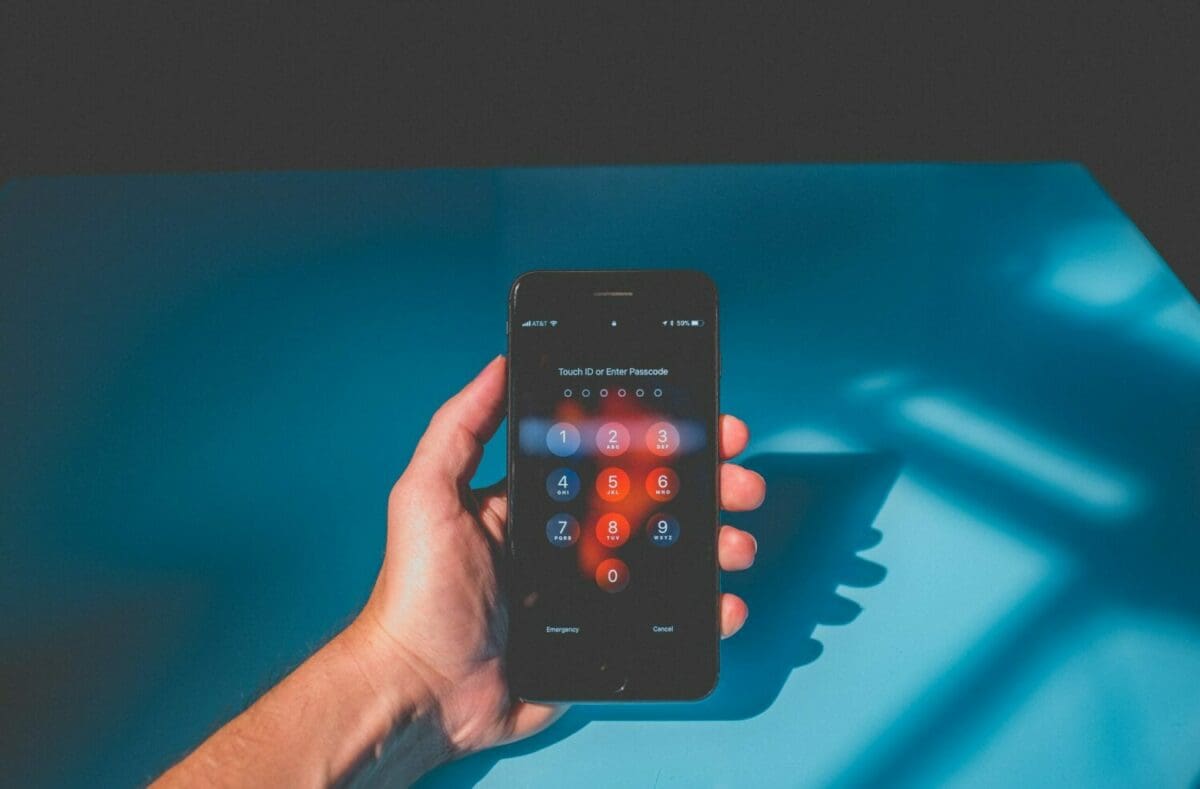
Managing Homework Stress
November 5, 2019 in Educate Yourself
Going back to school or college after a long summer vacation can be tough, but September is often an easy month. It’s exciting to get new school supplies, start new classes, and see friends again while the workload remains relatively easy. By October or November, stress and anxiety start to rear their ugly heads as students’ to-do lists grow longer and the days slip away.
A common cycle for the students I work with is wanting to do well,  procrastinating due to feeling anxious and burnt out, then scrambling last minute to finish their assignments. The result is being exhausted, producing work below their ability, constantly falling behind, or a mixture of the three. The reason I am able to help them effectively is that, if I’m not careful, I fall into the same pattern myself. Below are two strategies I practice and encourage my students to use:
procrastinating due to feeling anxious and burnt out, then scrambling last minute to finish their assignments. The result is being exhausted, producing work below their ability, constantly falling behind, or a mixture of the three. The reason I am able to help them effectively is that, if I’m not careful, I fall into the same pattern myself. Below are two strategies I practice and encourage my students to use:
Take breaks: When we don’t have a lot of time to get a ton of work done, the last thing we want to do is allow ourselves a break. It can seem like a waste of time in the moment. However, we can’t expect ourselves to exert a high level of focus on something we don’t want to do for the hours it will take to finish it. If we don’t give our brains a break, they will force us to — we find ourselves reading the same line over and over again, daydreaming, or getting distracted by anything and everything. If we try to ignore these signals and push on, we often waste more time than we would have by taking a scheduled break because we are working inefficiently. Not to mention, we feel even more stressed and burnt out. It can help to create a schedule and use a timer to keep yourself on track. Work for 20 minutes (or however long you can reasonably sustain focus) and take a break for 5 minutes. Have a snack, talk to a family member, or scroll through social media. Challenging yourself to focus for just 20 minutes at a time is much more manageable than staring down a huge assignment as a whole.
 Be mindful of your thoughts: Tune in to what you’re telling yourself when it’s time to get to work. Catch yourself thinking unhelpful thoughts, question the fairness or truthfulness of those thoughts, and replace them. For example, are you asking yourself questions that are unanswerable in the moment, like “Will I get this done?” or “When will I get this done?” Instead of wondering when you will finish an assignment, tell yourself in no uncertain terms, “I will finish this assignment.” The truth is that you will finish it, regardless of when that is. Asking yourself a question you can’t answer only increases your anxiety.
Be mindful of your thoughts: Tune in to what you’re telling yourself when it’s time to get to work. Catch yourself thinking unhelpful thoughts, question the fairness or truthfulness of those thoughts, and replace them. For example, are you asking yourself questions that are unanswerable in the moment, like “Will I get this done?” or “When will I get this done?” Instead of wondering when you will finish an assignment, tell yourself in no uncertain terms, “I will finish this assignment.” The truth is that you will finish it, regardless of when that is. Asking yourself a question you can’t answer only increases your anxiety.
Are you thinking over and over again that you don’t want to do this, or that you can’t? You are only increasing your resistance to the assignment. Instead of discouraging yourself, you can think, “I don’t like this assignment, but I’m going to do it anyway because my grades are important to me.”
If you picture not finishing the work that’s due tomorrow, or finishing it but doing it poorly, do you feel a sense of dread or have negative thoughts about yourself? I asked one of my students, who frequently gets upset at the thought of not completing the night’s homework perfectly, what would actually happen if she didn’t hand it in or got everything wrong. She laughed and admitted, “My teacher would help me so I could finish it the next day.” She’d always felt anxiety about not getting her work done, as if that would be a catastrophe. She’d never thought about what would actually happen. The reality wasn’t so scary. Of course, there may be real consequences for not completing work in some classes. That is up to you to know for yourself. Usually, though, it’s not the end of the world to ask for extra help or an extension.
doing it poorly, do you feel a sense of dread or have negative thoughts about yourself? I asked one of my students, who frequently gets upset at the thought of not completing the night’s homework perfectly, what would actually happen if she didn’t hand it in or got everything wrong. She laughed and admitted, “My teacher would help me so I could finish it the next day.” She’d always felt anxiety about not getting her work done, as if that would be a catastrophe. She’d never thought about what would actually happen. The reality wasn’t so scary. Of course, there may be real consequences for not completing work in some classes. That is up to you to know for yourself. Usually, though, it’s not the end of the world to ask for extra help or an extension.
It is unfortunately common for people who care about good grades to work themselves to the bone or be terrified of failure. We need to remember that our mental health is just as important (if not even more important) as our academic achievement. Challenge yourself to structure your time wisely and challenge your unhelpful thoughts in order to set healthy school habits for the year(s) to come!









Recent Comments